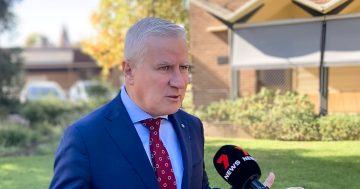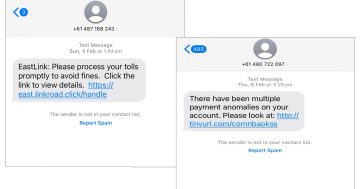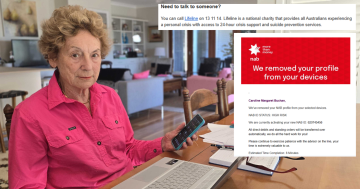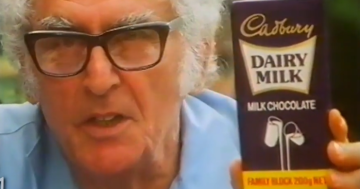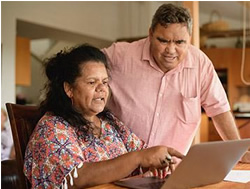 The Australian Competition and Consumer Commission (ACCC) has teamed up with State and Territory consumer affairs agencies to launch a new project aimed at helping Indigenous communities avoid online scammers.
The Australian Competition and Consumer Commission (ACCC) has teamed up with State and Territory consumer affairs agencies to launch a new project aimed at helping Indigenous communities avoid online scammers.
The initiative, called Too Good to be True, will involve the Agencies working with Indigenous communities on ways to identify and avoid scammers.
Deputy Chair of the ACCC, Delia Rickard said the project was being managed under the National Indigenous Consumer Strategy (NICS), and was aimed at engaging, educating and empowering Indigenous consumers to stay one step ahead of scammers.
Ms Rickard said NICS members included the ACCC, the Australian Securities and Investment Commission, State consumer affairs agencies and the Indigenous Consumer Assistance Network.
“Prevention is the most effective defence against scammers,” Ms Rickard said.
“As part of this initiative, we will meet with Indigenous Australians in their communities to hear about their experiences with scams and explore ways on how to empower them against scam conduct.”
She said that in 2018 so far, the ACCC’s Scamwatch website had received more than 1,800 reports of scams from people identifying as Indigenous, with losses of almost $3 million.
“The most common scams affecting Indigenous Australians are phishing, unexpected prize and lottery scams and identity theft.”
She said scammers were usually after money and personal information and could get quite aggressive and threatening if it was denied them.
“We’ve seen countless examples of people being threatened with arrest if they don’t comply. It can be terrifying for victims,” Ms Rickard said.
“Scammers spin very sophisticated lies so if someone contacts you out of the blue requesting personal information, you should be really suspicious about it being a scam,” she said.






